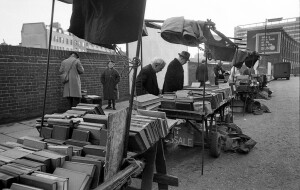
A second helping.
In many ways, Martin Seymour-Smith’s Bluff Your Way in Literature (1966) can be seen as an opportunity for the author to satirise or criticise the work of writers he felt were overrated or even worthless. His opinions are inevitably heavy with irony.
We have remarked in an earlier Jot that Seymour-Smith was critical of John Fowles, Muriel Spark, C.P.Snow, Malcolm Bradbury and Ted Hughes and that he regarded such generally admired figures as Auden, Pinter , Margaret Attwood and Tom Stoppard as overrated. On the other hand he wasn’t afraid of promoting an unfashionable and controversial individual like Wyndham Lewis, whose reputation had been in the doldrums for decades, or giving a lift to Thomas Hardy, Laura Riding or Rayner Heppenstall.
In an age of political correctness the opinions of such a maverick should be cherished rather than condemned and so in this second and final on Seymour-Smith Jot we ‘ll look at some of his other verdicts on writers or movements in literature, some of which might seem rather quaint or outdated today.
Vomit, menstruation &c.
‘ In poems and novels, these are not only in but are obligatory. However, do not show bad taste and talk about them yourself. Preserve the kind of decency that is expected at parties and gatherings, while praising the fearless and ‘tough’ ( a key word) indecency of modern literature, which is a ‘ major breakthrough’.
All—not merely some—poems and novels, if they are to be major, must be about sickness and mental breakdown. This first became evident from the kind iof poems the poetry critic and poetry editor A. Alvarez began printing in The Observer some years ago: a good example was one which dealt with the theme of miscarriage in the bathroom. Badly written, filthy, insulting and hysterical, with no justification provided for its unpleasantness, it was just the kind of verse that is nowadays needed for magazines.
Continue reading

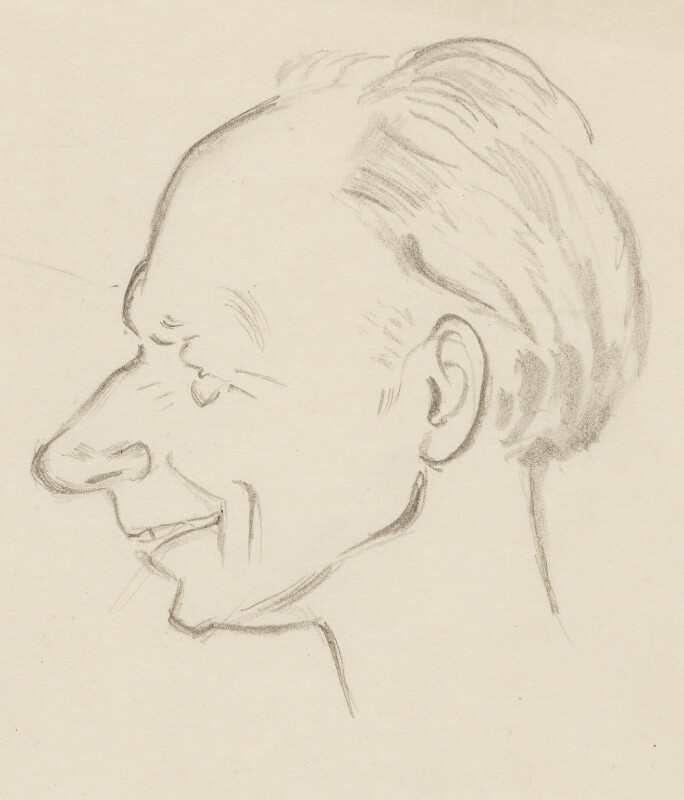
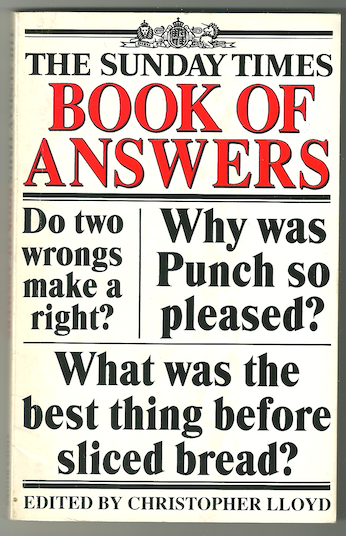


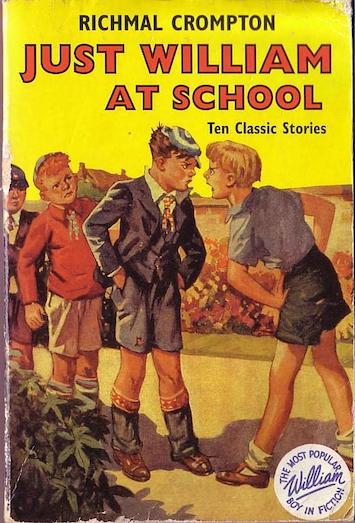


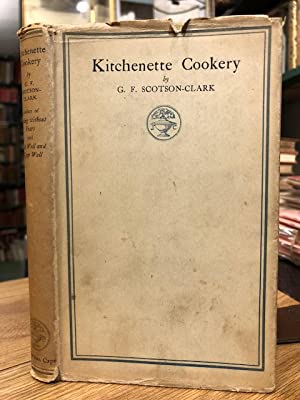
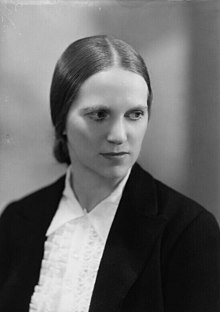



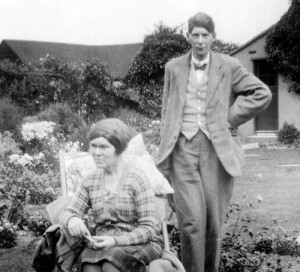 It is in The Last of Spring, one of Rupert Croft-Cooke’s many autobiographical volumes that one finds an account of the author’s experience of renting one of the Cornish bungalows built for writers by the eccentric spiritual medium and author, Mrs A.C. Dawson Scott, in the early 1930s.
It is in The Last of Spring, one of Rupert Croft-Cooke’s many autobiographical volumes that one finds an account of the author’s experience of renting one of the Cornish bungalows built for writers by the eccentric spiritual medium and author, Mrs A.C. Dawson Scott, in the early 1930s.